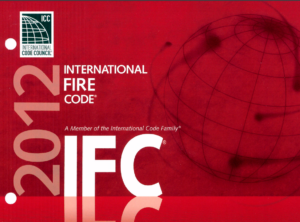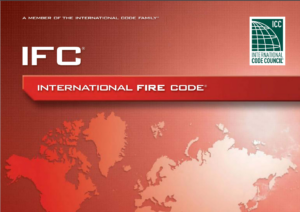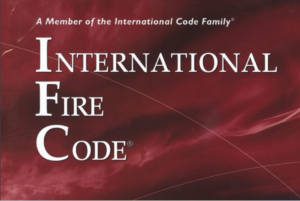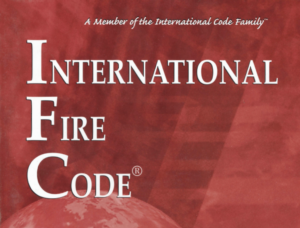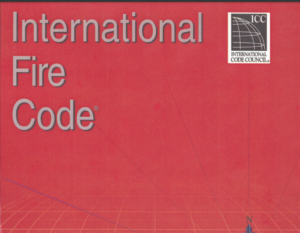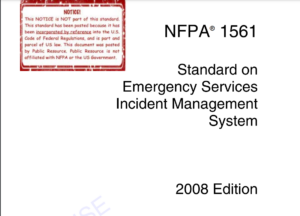The 2008 edition of NFPA 1001, Standard for Fire Fighter Professional Qualifications, outlines the minimum requirements for career and volunteer firefighters, emphasizing structural firefighting roles. The standard, prepared by the Technical Committee on Fire Fighter Professional Qualifications and approved as an American National Standard, ensures that firefighters possess the necessary skills and knowledge to perform effectively and safely.
NFPA 1001 establishes detailed job performance requirements (JPRs) for firefighters at various progression levels, starting from Fire Fighter I to Fire Fighter II, each with specific knowledge and skills criteria that must be met. These JPRs include mastering firefighting tools, equipment, procedures, and ensuring personal and team safety during operations.
The standard not only covers operational skills such as handling hazardous materials and performing rescue operations but also emphasizes the importance of personal safety and health by integrating practices from NFPA 1500, which focuses on fire department occupational safety and health programs.
Significant changes in the 2008 edition include updates to the skills maintenance requirements, modifications in public education roles, and adjustments in fire hydrant testing procedures. These changes reflect the evolving nature of firefighting responsibilities and the need for continual learning and adaptation.
NFPA 1001 serves as a crucial framework for defining the competencies required of firefighters, ensuring they are prepared to handle the complexities of modern firefighting and effectively protect themselves and the public during emergencies.

